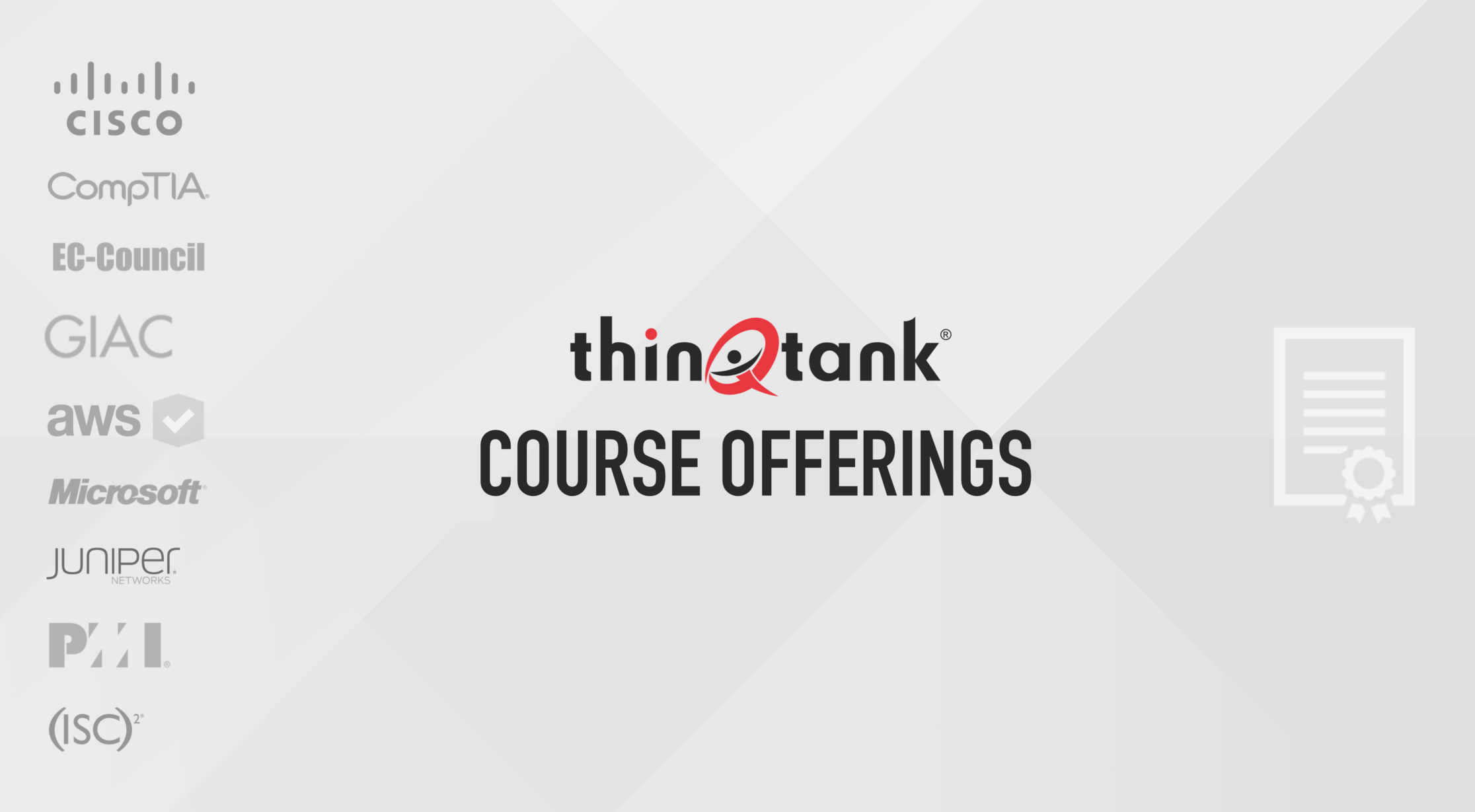3 Ways to Advance Your IT Career

Unless you want to spend 40 years on the help desk, it’s up to you to work with your managers and HR to move your career as an IT pro forward. We collected some tips to help you get ahead.
Most jobs in information technology (IT) start the same way: prepping and deploying workers’ laptops and smartphones, fielding their questions, and solving their problems on a help desk. After that, IT professionals usually embrace a specialty such as cloud computing or network infrastructure while continuing their rise through the ranks toward the career-capping initials CTO or CIO.
If that isn’t happening—okay, CIO jobs may be scarce but it’s fair to expect reasonable forward motion—it’s time to reassess your career path and what you can do to direct it. To be sure, promotions aren’t handed out like Cracker Jack prizes. There’s no substitute for experience with up-to-date technologies (experience with legacy technologies is a checklist item at best), but there are ways to be proactive instead of passive about career advancement. The following are three courses of action that might help you jumpstart your upward mobility.
![]()
It’s easy to think of the IT department as a world unto itself, a band of brothers and sisters deftly serving the suits above while putting out fires and punching tickets for the less tech-savvy employees below. In reality, of course, you’re part of a bigger team—the whole company—and you’re judged on how much you contribute to the business’s bottom line.
That’s why it’s smart to read the company’s annual and quarterly reports and familiarize yourself with its mission and goals. Management will be impressed that you’re not just a gearhead, but one who understands the purpose behind IT projects (and lists tangible business benefits on your resume).
Sweat the details such as following the corporate dress code instead of the possibly looser IT dress code. Keep up with the latest in technology, setting Google Alerts and reading whitepapers and vendor blogs to stay informed.
It’s important to raise your hand and get noticed. You can do that by going above and beyond in your job, responding quickly to user requests and adding a little extra to each assignment. For instance, don’t just hand out smartphone: pre-program them with useful speed dial numbers. Volunteer for extra tasks or to take on a project that’s stalled or been shunted aside in favor of newer ones. Ask your manager how you can help and ask human resources (HR) how you can work toward your career goals.
![]()
It’s all about lifelong learning, according to Steven Ostrowski, Director of Corporate Communications at the Computing Technology Industry Association (CompTIA). “For the people who are working in the industry now, the best advice we offer is to expand and work on their skills,” said Ostrowski. “It’s very difficult for any one individual to stay on top of everything, but look for those opportunities, even if you have to do it on your own time, without the support of your employer.”
CompTIA is perhaps best known for the certifications or diplomas it offers, such as its A+ for IT generalists and its more specialized certifications such as Security+ and Linux+. Such coursework, according to Ostrowski, is a great way to validate the skills you say you have. “You’ve gone through some rigorous training and testing; these days it’s not just a multiple-choice test,” said Ostrowski. “There are more simulations and real-world situations during these exams, so you can say you can set up a firewall or recognize an intruder. [It’s also] a lot easier today than it was five or 10 years ago when you were confined to going to boot camp or sitting in a classroom for a week. There are a lot of great online options out there for training when you want it and where you want it.”
“The first thing HR managers are looking for is experience,” he added. “Next on the list are credentials and certifications that are valid and relevant for the job you’re applying for. It goes back to the fact that you’ve demonstrated and proven in a way they can recognize that you can do the things you say you can. If you’re talking certification from a Microsoft, a VMware, [a company with] a track record, more and more it’s becoming something that employers are looking for. Rather than trying to wade through hundreds of applicants who may not have the right skill set, they can use a credential to make the first cut and then go on from there.”
As for what to study, it’s less about filling your resume with a dozen degrees and certifications and more about selecting a specialty. “Security is the hottest topic right now, so anything related will serve you well,” said Ostrowski. “Things related to cloud computing, things related to mobility. Go through want ads and look for certifications that employers are asking for, from organizations [like CompTIA or Cisco] that have been doing this for a long time. A lot of certifications aren’t worth the paper they’re printed on.”
![]()
IT people aren’t generally a touchy-feely group but there are some skills that aren’t confined to the IT industry. As Ostrowski says, “On-the-job experience is number one, but there is other experience you can point to. You may have done something elsewhere in an internship, in a volunteer capacity, particularly in soft skills—the ability to work as a team, the ability to communicate, to get up in front of a room and give a report. More and more employers are looking for that combination of technical and personality skills; they’ll look at the soft skills first and think it’s easier to train you in the technical stuff in a matter of weeks.”
For instance, are you a good communicator? Are you able to convey ideas both verbally and in writing, to both business and IT audiences? Do you know how to give a PowerPoint presentation without reading the text of every slide?

We’ve already said that being part of a team, in both leading and following roles, is important. So is an upbeat, positive attitude—with the ability to take and rebound from constructive criticism. Try to develop your vision so you won’t lose sight of both fine details and the big picture.
Books and courses are also available to help you master the art of time management and the stress of dealing with multiple deadlines. Being able to switch between specialized and generalist tasks will gain you a reputation for flexibility.
All of these initiatives require more than just showing up for work and collecting a paycheck. The more skillfully you can straddle business and IT, the further you’ll advance in both. (Original post by Eric Grevstad)
If you have any questions about advancing your IT career, or our Training and Certification Programs, we would love to hear from you! 855-TO-THINQ (855-868-4467) website@thinqtanklearning.com



